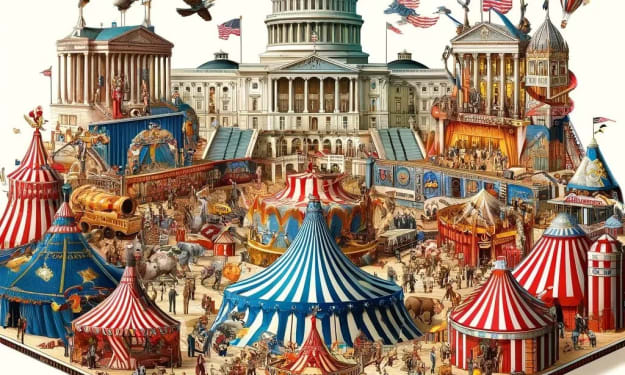International conflicts and diplomacy: Global political events, such as tensions between countries or peace negotiations.
: Bridging Divides: The Power of Diplomacy in Resolving International Conflicts.

In the tumultuous landscape of global politics, where tensions simmer and conflicts loom large, the art of diplomacy emerges as a beacon of hope and a pathway to peace. From the brink of war to the negotiation table, diplomatic efforts have the power to transcend borders, bridge divides, and foster understanding among nations. Whether navigating complex geopolitical rivalries or mediating peace agreements in war-torn regions, diplomacy stands as a testament to the enduring belief in dialogue, cooperation, and the pursuit of common ground.
Consider the historic détente between the United States and the Soviet Union during the Cold War, a period marked by ideological rivalries and the looming threat of nuclear annihilation. Through a series of diplomatic initiatives and backchannel negotiations, leaders on both sides sought to defuse tensions and reduce the risk of catastrophic conflict. The result was a gradual thawing of relations, culminating in landmark agreements such as the Strategic Arms Limitation Talks (SALT) and the Intermediate-Range Nuclear Forces Treaty (INF), which laid the groundwork for mutual understanding and cooperation between the two superpowers.
Closer to home, the ongoing diplomatic efforts to resolve the Israeli-Palestinian conflict exemplify the complex and often fraught nature of international diplomacy. For decades, the region has been plagued by violence, bloodshed, and deep-seated grievances, posing a seemingly insurmountable obstacle to peace. Yet, despite the immense challenges and setbacks, diplomatic initiatives such as the Oslo Accords and the Camp David Summit have offered glimmers of hope and progress towards a lasting resolution. Through dialogue, compromise, and the tireless efforts of mediators and negotiators, there remains a flicker of optimism that one day, peace may prevail in the Holy Land.
Moreover, diplomacy has the power to transcend traditional notions of statecraft and diplomacy, embracing innovative approaches and unconventional partnerships to address pressing global challenges. In the face of transnational threats such as climate change, terrorism, and pandemics, diplomatic efforts have increasingly focused on forging multilateral alliances and collaborative frameworks to promote collective action and mutual prosperity. From the Paris Agreement on climate change to the Joint Comprehensive Plan of Action (JCPOA) on Iran's nuclear program, these diplomatic initiatives underscore the importance of cooperation and dialogue in tackling shared challenges that transcend national borders.
Furthermore, the impact of diplomacy extends beyond the realm of geopolitics, permeating the fabric of society and shaping the course of history. Through cultural exchanges, educational programs, and people-to-people diplomacy, nations have the opportunity to foster mutual understanding, build trust, and forge lasting friendships across diverse cultures and communities. From the Fulbright Program to the Peace Corps, these initiatives embody the spirit of diplomacy in action, empowering individuals to become ambassadors of peace and goodwill in an increasingly interconnected world.
Indeed, the legacy of diplomacy is not solely defined by the treaties signed or the conflicts averted, but by the enduring belief in the power of dialogue, cooperation, and empathy to overcome even the most entrenched divisions. In the face of adversity, diplomats and peacemakers remind us of the transformative potential of diplomacy in resolving conflicts, promoting reconciliation, and building a more just and peaceful world.
In conclusion, diplomacy stands as a powerful tool for resolving international conflicts, fostering understanding, and promoting cooperation among nations. From the halls of the United Nations to the corridors of power, diplomats and peacemakers work tirelessly to bridge divides, build trust, and forge lasting partnerships in pursuit of peace. As we navigate the complexities of global politics, let us draw inspiration from the spirit of diplomacy and redouble our efforts to promote dialogue, understanding, and mutual respect among nations. For it is through our collective commitment to diplomacy and peace that we can build a brighter future for generations to come.
About the Creator
Enjoyed the story? Support the Creator.
Subscribe for free to receive all their stories in your feed. You could also pledge your support or give them a one-off tip, letting them know you appreciate their work.





Comments
There are no comments for this story
Be the first to respond and start the conversation.